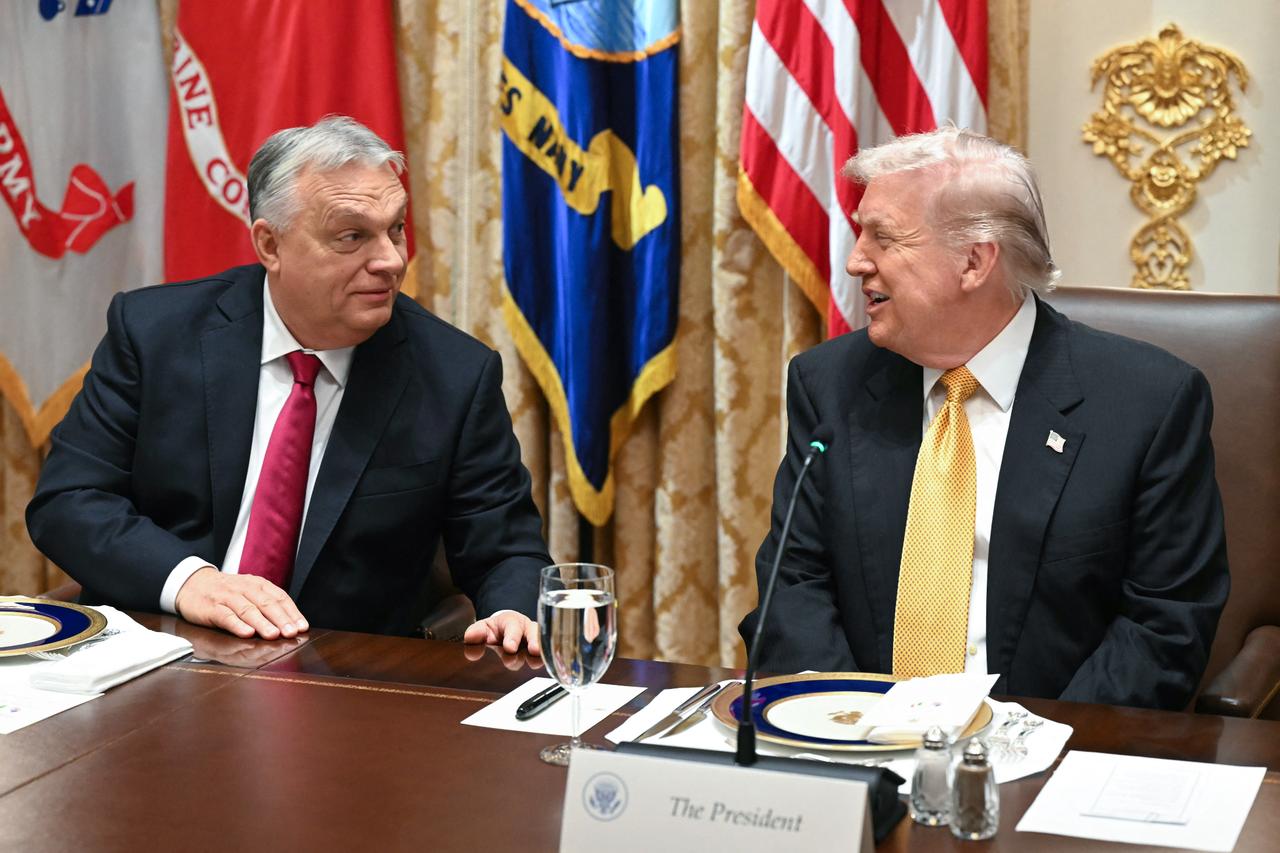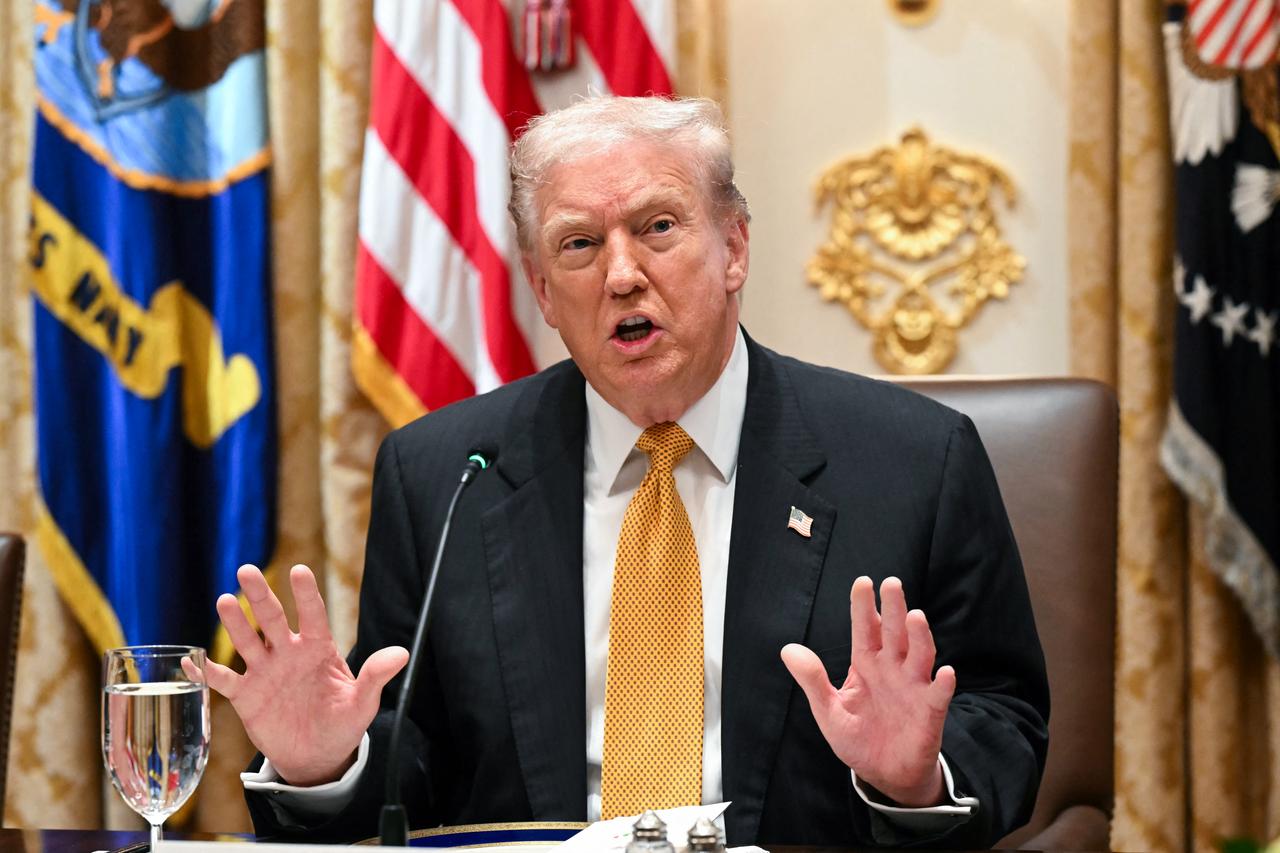
U.S. President Donald Trump said Friday he would consider exempting Hungary from U.S. sanctions on Russian oil purchases, citing the landlocked nation's limited energy alternatives during a White House meeting with Prime Minister Viktor Orban.
"We are looking at it because it is very difficult for him to get the oil and gas from other areas. As you know they don't have the advantage of having sea," Trump told reporters.
The potential exemption would mark a significant policy shift as Hungary continues importing Russian energy despite broader Western efforts to isolate Moscow over its invasion of Ukraine. Orban has frequently diverged from European Union consensus on pressuring Russia.

Hungary's geographic limitations make it heavily dependent on pipeline infrastructure for energy imports, Orban explained during the Oval Office meeting.
"Pipeline is not an ideological or political issue. It's a physical reality because we don't have port(s)," Orban said, adding he would outline "what would be the consequences for the Hungarian people and for the Hungarian economy not to get oil and gas from Russia."
Trump also called on European Union leaders to show greater deference to Orban, whom he praised for Hungary's restrictive immigration policies.
"I think they should respect Hungary and respect this leader very, very strongly because he's been right on immigration," Trump said.
The American president alleged that migration has transformed European countries, claims not supported by U.S. crime statistics regarding immigrants.
"Look what's happened to Europe with the immigration. They have people flooding Europe," Trump said. "You go to some of the countries, they're unrecognizable now because of what they've done. And Hungary is very recognizable."
Orban defended his government's stance against EU migration policies and criticized financial penalties Brussels has imposed on Hungary for defying bloc-wide directives.
"This is the absurd world we are living in now in Europe," Orban said. "We are the only government in Europe which considers itself as a Christian government. All the other governments in Europe are basically liberal leftist governments."